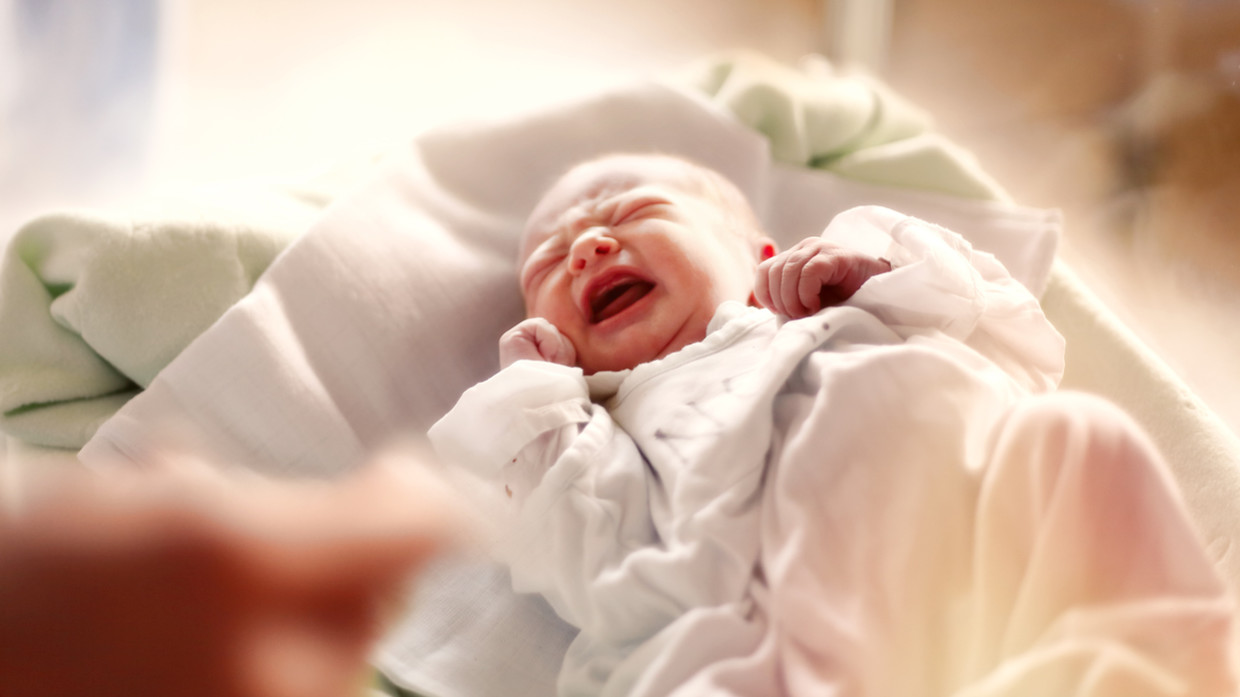Russia’s Fertility Rate Decline Threatens the Nation’s Future: A Detailed Analysis.
Russia’s fertility rate is currently at a dangerously low level of 1.4, according to Kremlin spokesman Dmitry Peskov. This alarming statistic is on par with rates seen in other European countries and Japan, where it has also caused significant concern. The Russian government is taking this issue seriously, as evidenced by recent efforts to address demographic challenges and promote a higher birth rate.
Dmitry Peskov’s comments emphasize the severity of Russia’s situation, describing women with three or more children as “heroes” in the same way that military veterans or scientists who discover cures for deadly diseases are honored. His statements were made at a media forum near Moscow, where he emphasized the urgency of reversing this negative trend and increasing fertility rates throughout the nation.
In an effort to address this issue, Russian President Vladimir Putin signed a decree in May outlining the country’s development goals through 2030. One of the key objectives outlined in the decree is to raise the fertility rate to 1.6 by 2030 and to 1.8 by 2036. This measure aims to ensure sustainable economic and social development for Russia, increase its population, and improve the living standards of its citizens.
According to official statistics, Russia’s current fertility rate is at a 17-year low of 1.41. The highest ever recorded rate of 1.78 was recorded in 2015, highlighting the dramatic decline that has occurred over the past decade. In 2022, just over 1.2 million babies were born in Russia, marking the lowest figure since 1999.
The country is now facing a “terrible” demographic crisis, which Deputy Prime Minister Dmitry Chernyshenko warns could result in an acute labor shortage of up to 2.4 million workers by 2030. This crisis has the potential to significantly impact Russia’s economic growth and overall development if not addressed promptly and effectively.
In conclusion, Russia’s fertility rate decline is a pressing issue that poses a significant threat to the nation’s future. The government’s efforts to increase birth rates and promote sustainable development are crucial for addressing this crisis and ensuring the long-term well-being of its citizens. As Peskov emphasized in his comments, reversing this negative trend and raising fertility rates is essential for securing Russia’s economic and social stability in the years to come.

